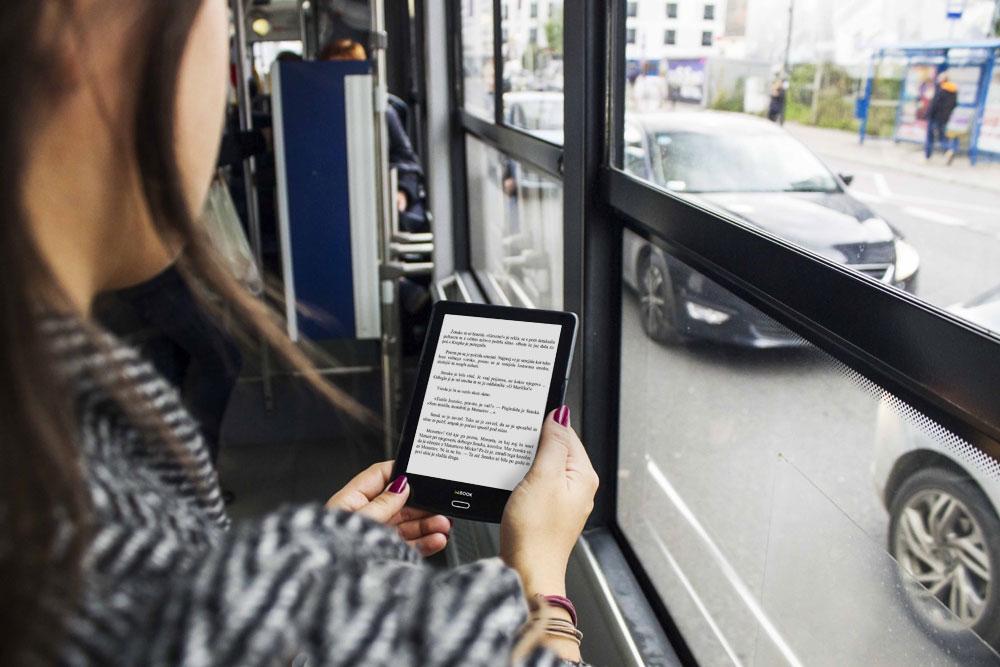
Rather than purchase a book, Slovenian readers are more keen on borrowing books from Biblos. The most popular are genre fiction books. Among the most borrowed books in Slovenian language are Ogenj, rit in kače niso za igrače, a book by Milena Miklavčič about the sexual lives of our ancestors, a popular crime novel called Jezero by Tadej Golob, and the recipient of the Kresnik prize, Figa by Goran Vojnović.
Using Biblos does not replace the long line of books stacked on shelves, but for many people it is turning into an easier way to read – it can even serve as a friend when in distress. By distress we mean the panic an elementary school pupil is in when he can't find the book he needs for school at the library, as it has already been borrowed. It even helps students or researchers searching for certain sentences or key words in one book – a task an e-reader can perform in milliseconds.
Taking part in the Biblos project are 62 libraries and 120 publishing houses and self-publishers, which offer more than 2,400 book titles. The platform is becoming ever more popular among Slovenian readers – Biblos has more than 15,000 users, which up until June this year have borrowed around 28,000 books, which is 34 percent more compared to last year.
Access to the platform is available by installing the Biblos reading app – free of charge in Google Play stores for androids and at the App Store for Apple devices. Biblos also offers its e-readers - inkBOOK Prime in inkBOOK Classic 2, Slovenian versions of the Kindle which have eye-friendly e-paper, which also enables reading in sunlight without straining the eyes, says Beletrina.
The e-readers also have the OpenDyslexic special typeface for dyslexics and a high contrast display for the visually impaired. Beletrina adds that the e-readers can also be connected to any web library and can upload several thousands of books.

































































